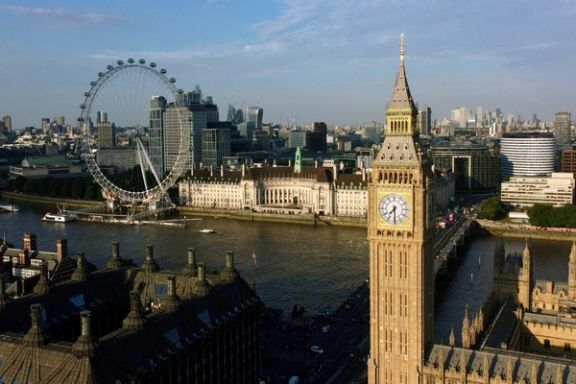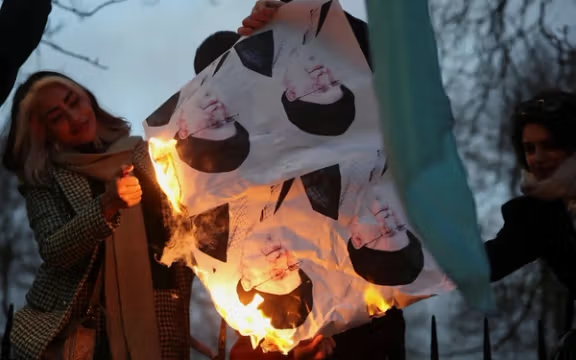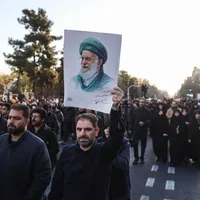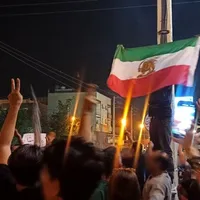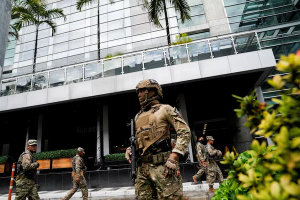“Iran is a state sponsor of terrorism. Iran regularly fails to cooperate with the United States Government in identifying security risks, is the source of significant terrorism around the world, and has historically failed to accept back its removable nationals,” the announcement said late on Wednesday.
"The countries that we have (on the travel ban list) don't have things under control," Trump told reporters in the White House on Thursday.
"And why now? I can say that it can't come soon enough frankly. We want to keep bad people out of our country."
The US State Department designated the Islamic Republic a state-sponsor of terrorism in 1984. However, the latest statement against Iran comes amid sensitive nuclear negotiations between Washington and Tehran.
Effective June 9, the directive prohibits most travelers from Afghanistan, Myanmar, Chad, Congo, Equatorial Guinea, Eritrea, Haiti, Iran, Libya, Somalia, Sudan, and Yemen from entering the United States. Partial travel restrictions have also been imposed on citizens from seven additional countries: Burundi, Cuba, Laos, Sierra Leone, Togo, Turkmenistan, and Venezuela.
“We cannot have open migration from countries where we cannot safely and reliably vet individuals,” Trump said in a video address. “The recent terror attack in Boulder, Colorado, showed the danger of allowing unvetted foreign nationals to enter our country and overstay their visas.”
The announcement comes days after an Egyptian national was charged with throwing a Molotov cocktail at a pro-Israel rally in Colorado. Officials say the suspect had overstayed his tourist visa and was working illegally in the US. Egypt is not among the countries affected by the ban.
It is also just days after two staff members from the Israeli embassy were gunned down in Washington's Jewish Museum by a man who, according to court papers, said he did it "for Palestine".
The White House said the latest decision follows a State Department-led review, coordinated with national security agencies, which identified persistent security failures, such as inadequate identity verification systems, poor criminal record keeping, high visa overstay rates and lack of cooperation on counterterrorism.
Exceptions to the ban include US lawful permanent residents, holders of valid visas, dual nationals using a non-restricted passport, certain US government employees, Olympic athletes and individuals whose entry is deemed in the national interest.
“The suspension of and limitation on entry... shall not apply to immigrant visas for ethnic and religious minorities facing persecution in Iran,” the statement added.
The new order builds on Trump’s first-term travel bans, which were upheld by the Supreme Court. The White House said the policy may be revised based on improvements in cooperation or emerging threats.
“Our priority is to keep America safe,” Trump said. “We will not admit those who wish to do us harm.”
